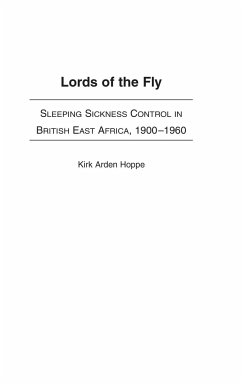British sleeping sickness control in colonial Uganda and Tanzania became a powerful mechanism for environmental and social engineering that defined and delineated African landscapes, reordered African mobility and access to resources. As colonialism shifted from conquest to occupation, colonial scientists exercised much influence during periods of administrative uncertainty about the role and future of colonial rule. Impartial and objective science helped to justify the British civilizing mission in East Africa by muting the moral ambiguities and violence of colonial occupation. Africans' actions shaped systems of western scientific knowledge as they evolved in colonial contexts. Bridging what might otherwise be viewed as the disparate colonial functions of environmental and health control, sleeping sickness policy by the British was not a straightforward exercise of colonial power. The implementation of sleeping sickness control compelled both Africans and British to negotiate. African elite, farmers, and fishers, and British administrators, field officers, and African employees, all adjusted their actions according to on-going processes of resistance, cooperation and compromise. Interactions between colonial officials, their African agents, and other African groups informed African and British understandings about sleeping sickness, sleeping sickness control and African environments, and transformed Western ideas in practice.
Hinweis: Dieser Artikel kann nur an eine deutsche Lieferadresse ausgeliefert werden.
Hinweis: Dieser Artikel kann nur an eine deutsche Lieferadresse ausgeliefert werden.








